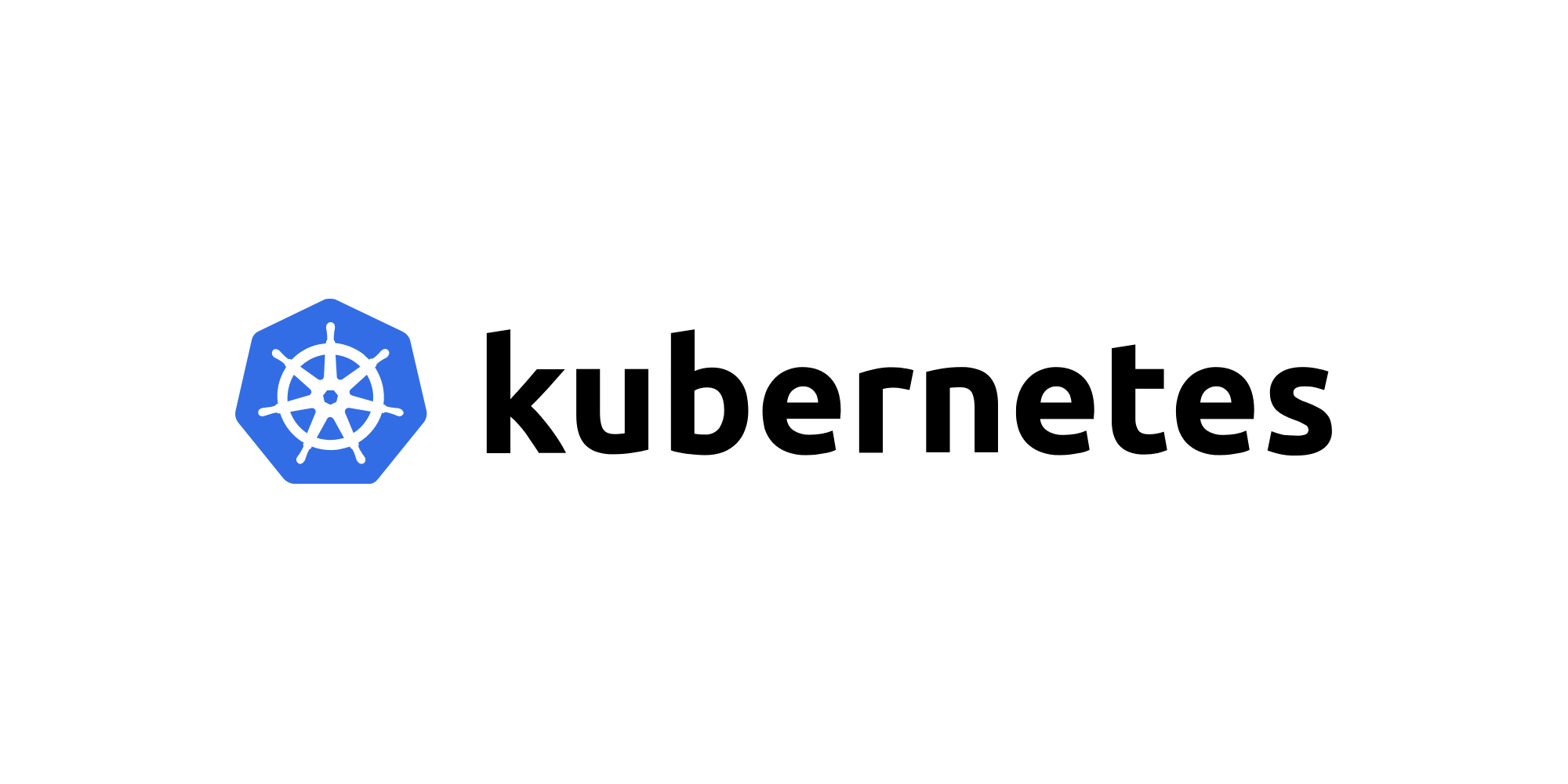Kubernetes Setup
On this page you can find tutorial how to deploy DecisionRules into kubernetes
How to Deploy DecisionRules on Kubernetes
1. Create a namespace for DecisionRules
Template
apiVersion: v1
kind: Namespace
metadata:
name: decisionrules
labels:
name: decisionrulesActivate
kubectl apply -f namespace.yaml2. Install Ingress to kubernetes
kubectl apply -f https://raw.githubusercontent.com/kubernetes/ingress-nginx/controller-v1.2.0/deploy/static/provider/cloud/deploy.yaml3. Install Cert-Manager
kubectl apply -f https://github.com/cert-manager/cert-manager/releases/download/v1.8.0/cert-manager.yaml4. Configure Cert-Manager
Template
Activate
5. Create services and configure ingress
Template
Activate
6. Getting Ingress IP address for setting domain
Command
Example of Response
7. Create deployment service
Template
Activate
Was this helpful?


